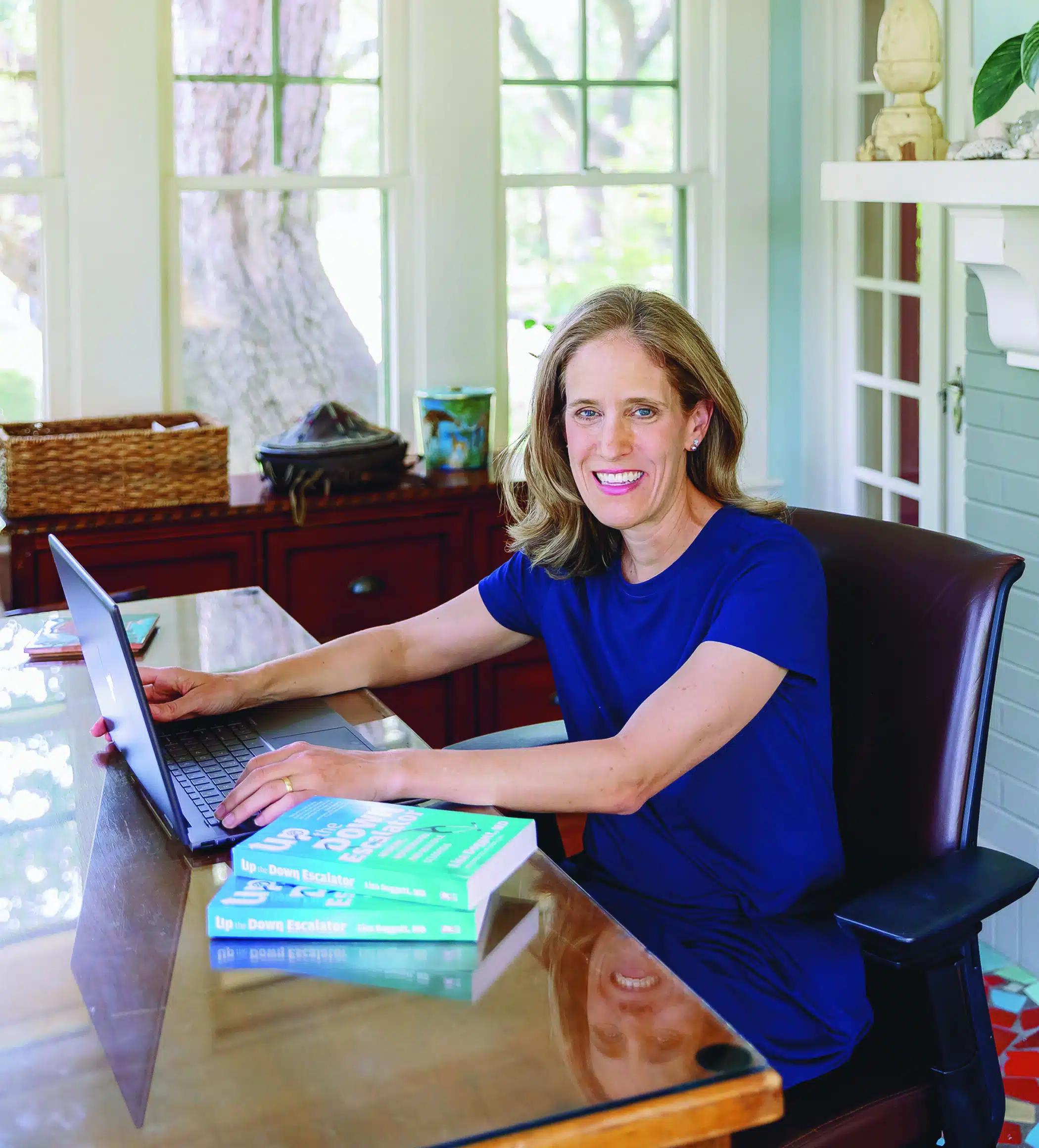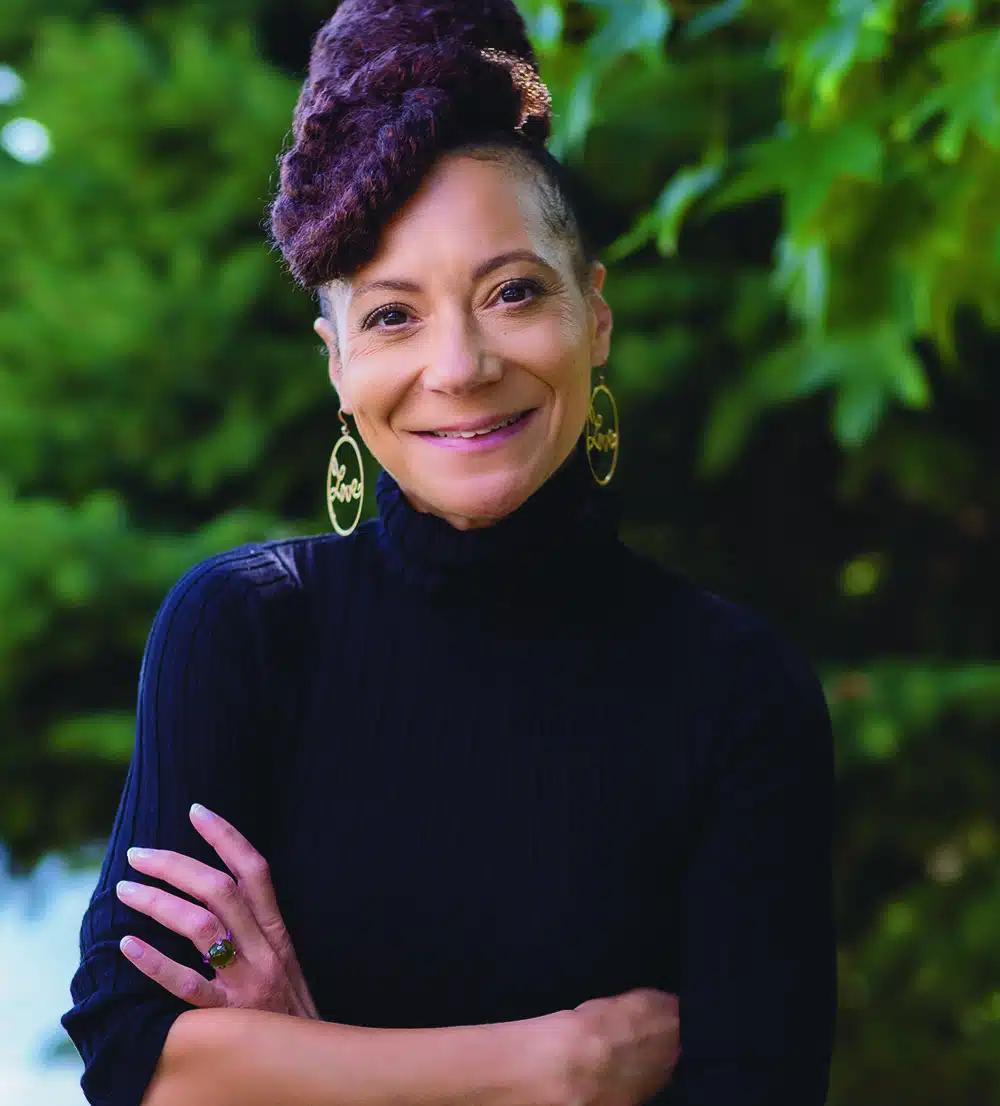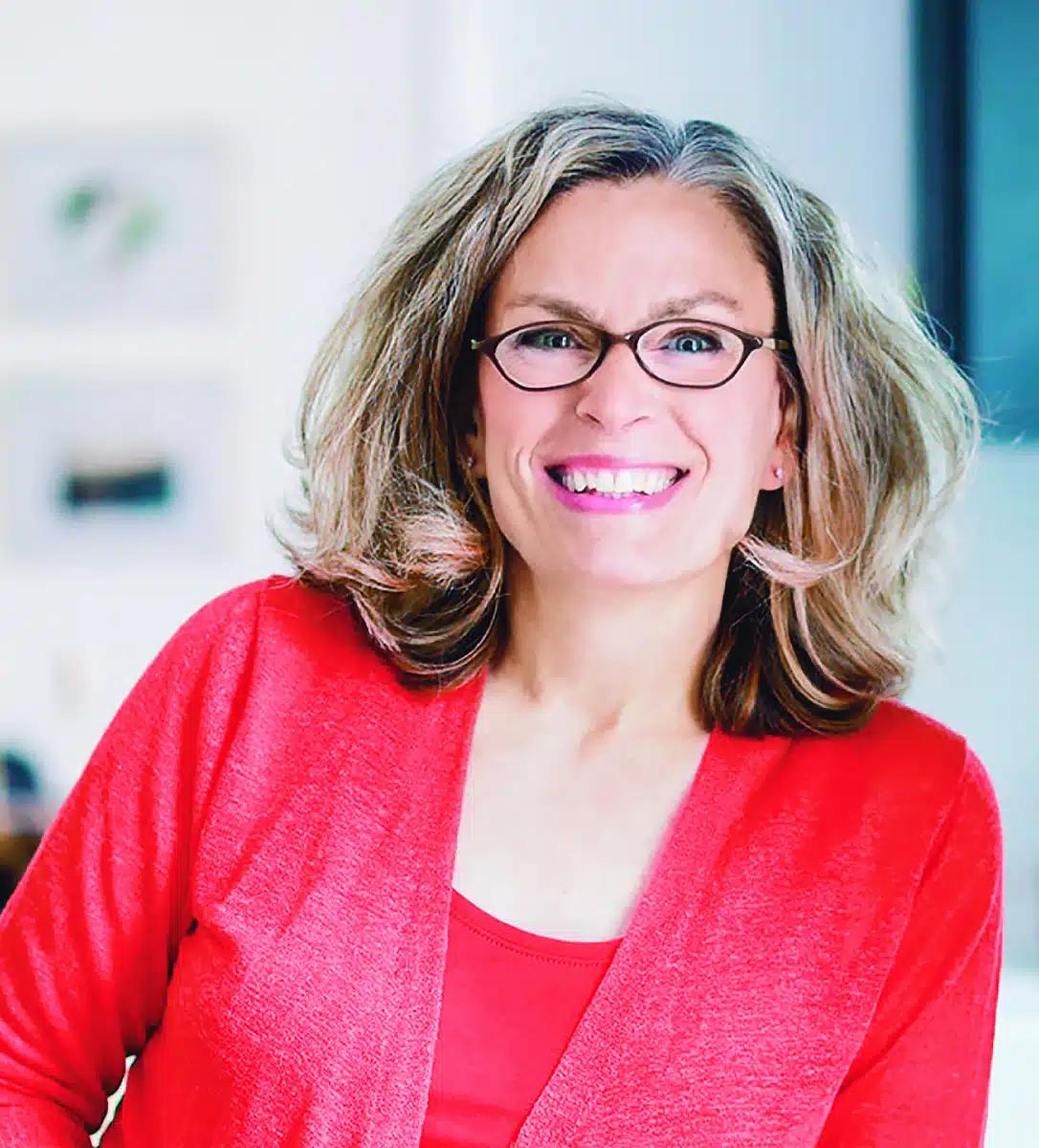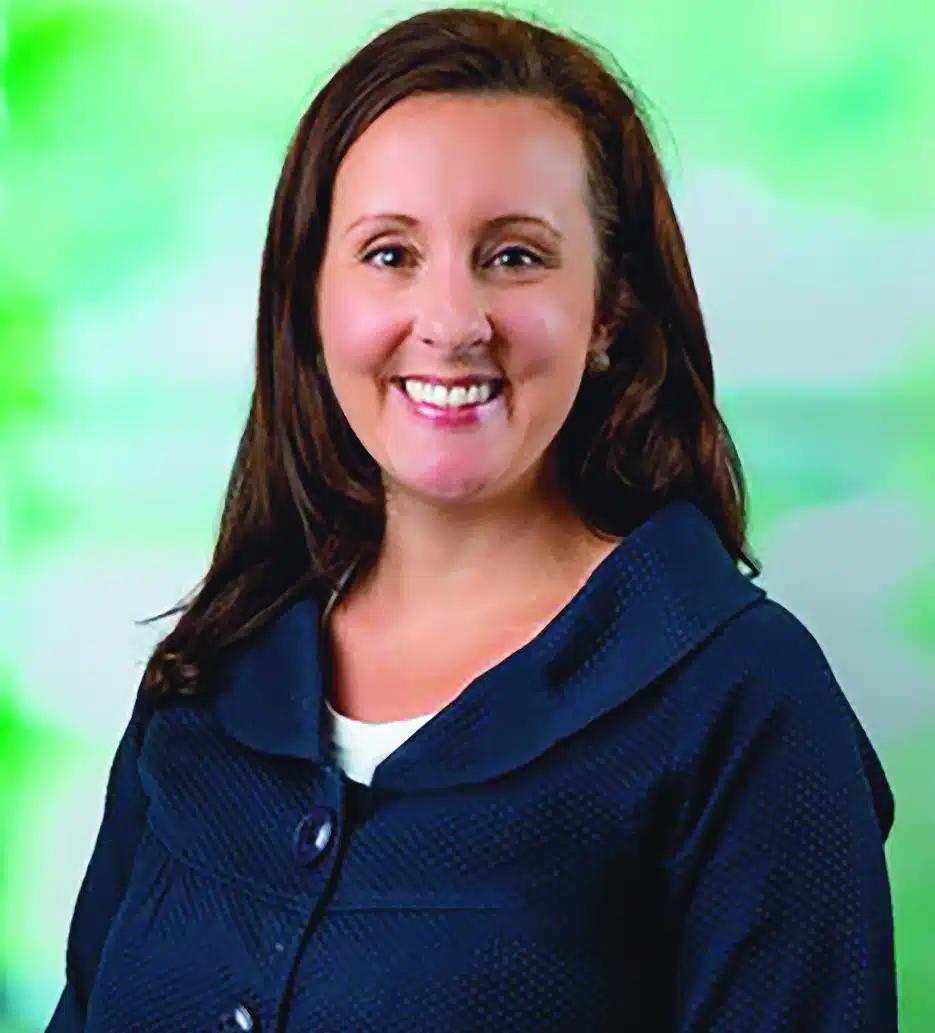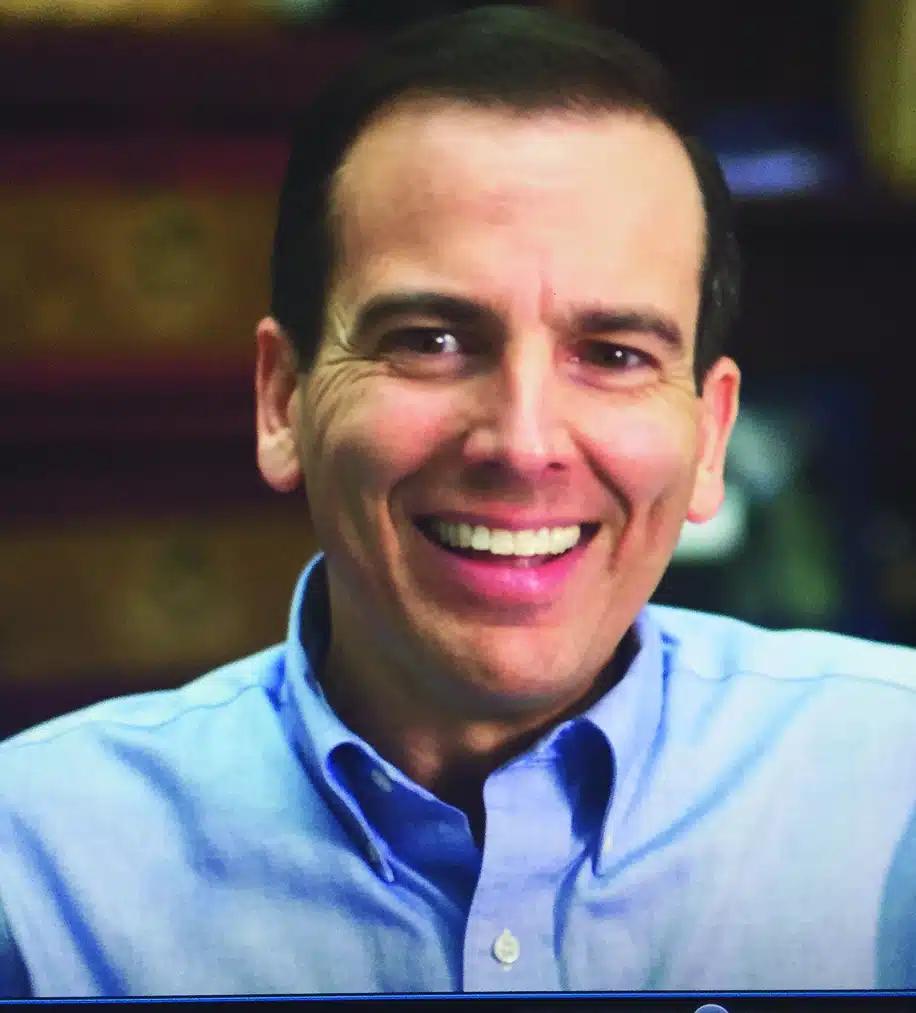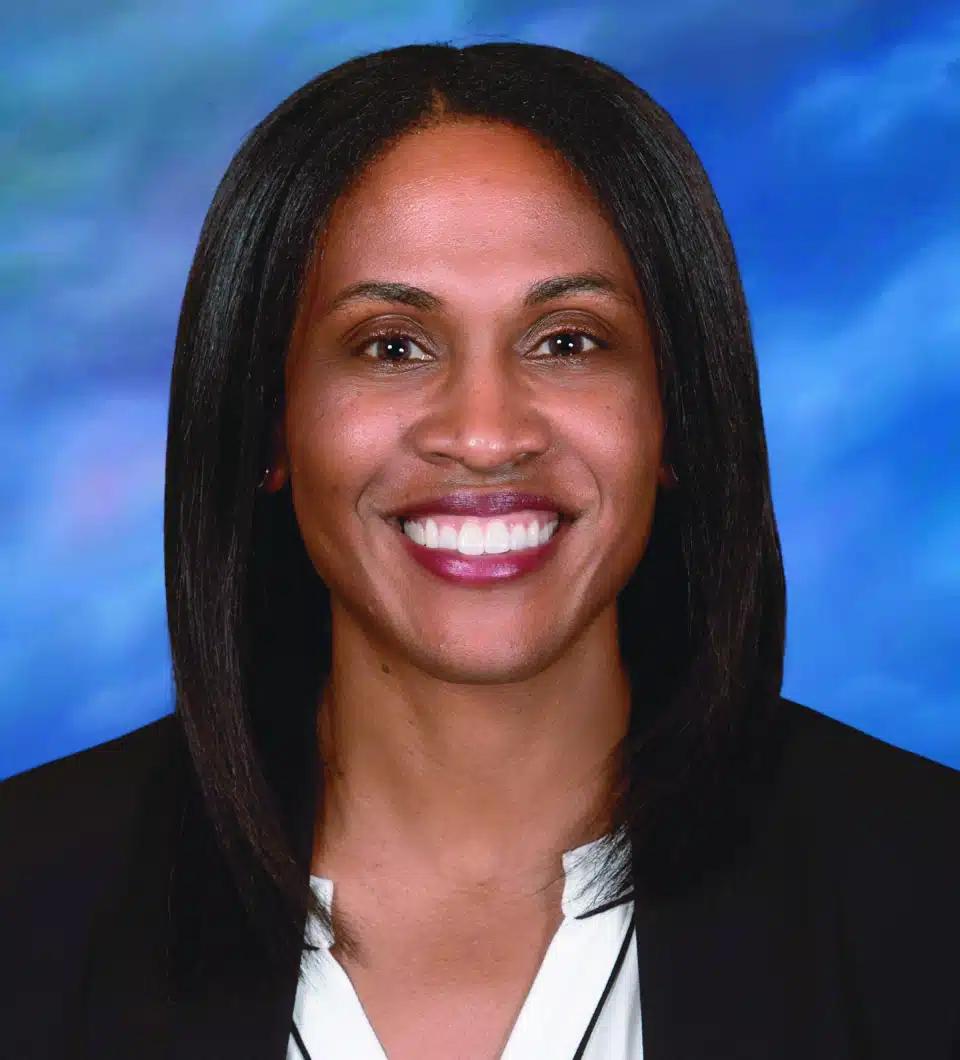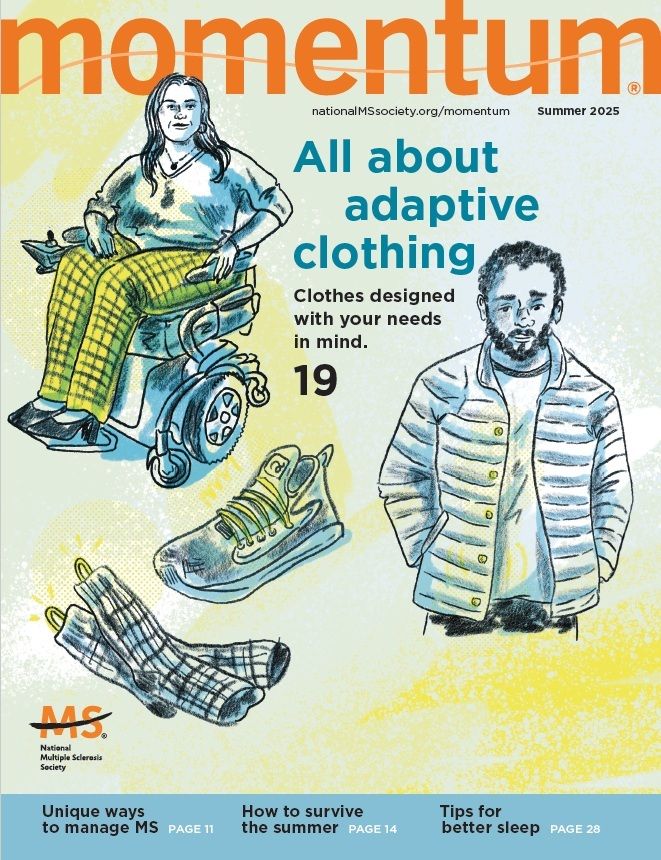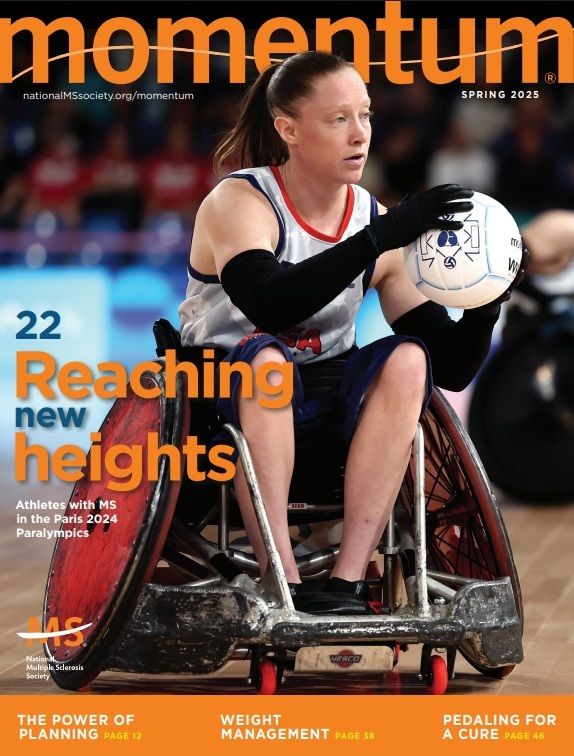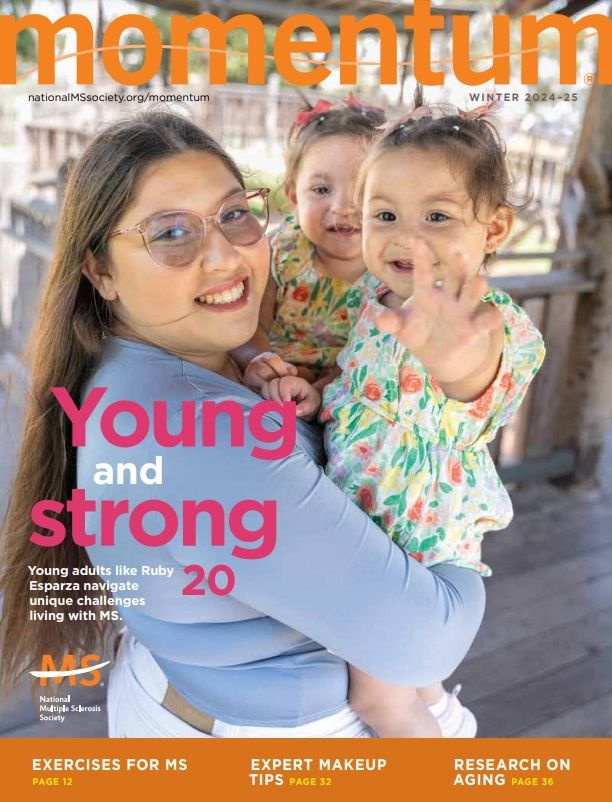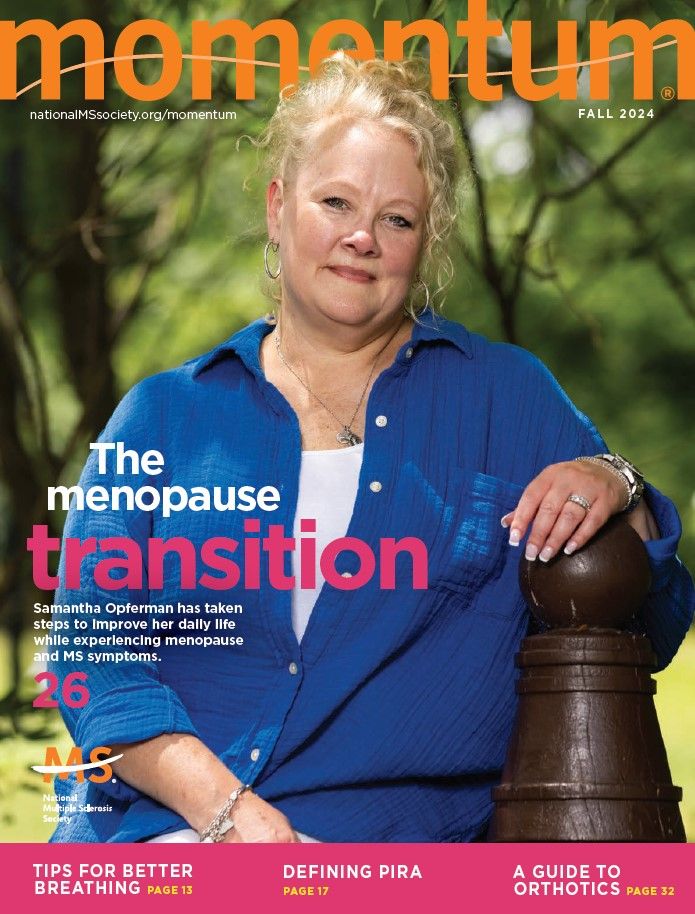In 2003, during her first year of graduate school at the University of Cincinnati, Twanna Monds began having vertigo, tingles from her neck down, seizures, loss of feeling in her limbs, and difficulty walking and talking. She was diagnosed that May with MS, just two months after her wedding.“My neuro said I was ‘lit up,’” Monds remembers.When she was diagnosed, there were only five MS medications available, and Monds had antibodies to them all. She started on Novantrone, a chemotherapy drug, but managing her symptoms was a struggle for the first couple of years. Undaunted, Monds earned her master’s in counseling and began working as a public-school counselor.At her first job, Monds had seizures while working and difficulty walking, and her colleagues didn’t react well. “I had to leave because I felt judged,” she says.She took another school counseling job where she felt the staff was warm and understanding, and her supervisor encouraged her to become a licensed clinical mental health counselor. She eventually started taking Copaxone and today, her MS symptoms — extreme fatigue, numbness and tingles — are mostly invisible to others.Monds worked in public schools for 15 years but didn’t use her clinician license until the pandemic lockdowns. She was asked if she could work individually with children, which spurred her to start her own practice, Monds Counseling & Consulting. She specializes in children’s and family therapy, and about 20% of her patients have MS.“There’s something special about working with someone who knows you’re the same as them. I call it a family,” she says. “We’re all together in this journey, and it’s an honor to be a support person for people who identify the same way I do. I’m conscious they chose me because they may know I have MS and they trust me with their care in that way.”That said, Monds is very selective about disclosing her disease to her patients.“Everyone has a unique journey in terms of disclosure. In my practice, if someone tells me they have MS, I self-disclose that I have MS as well. But I don’t bring up my MS if they don’t say anything,” she says.Monds also works with relatives and friends of people with MS — helping children navigate and understand MS in their parents or providing a sounding board for frustrated caregivers. The messages she gives them are relevant for healthcare professionals as well.“I always tell my clients to embrace their journey. Whatever it is, wherever it is, that’s where you are. You don’t have to be OK every day.”

